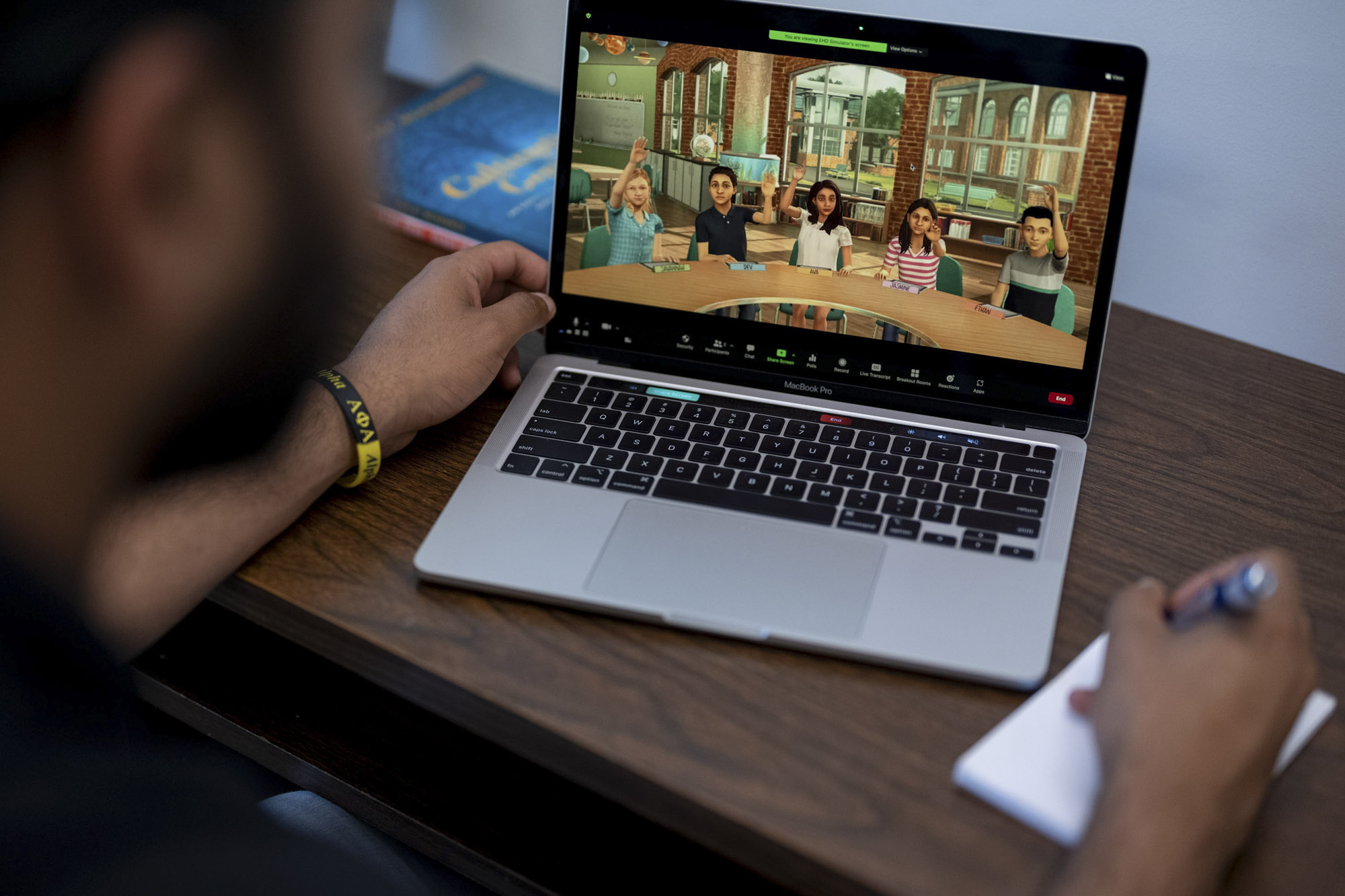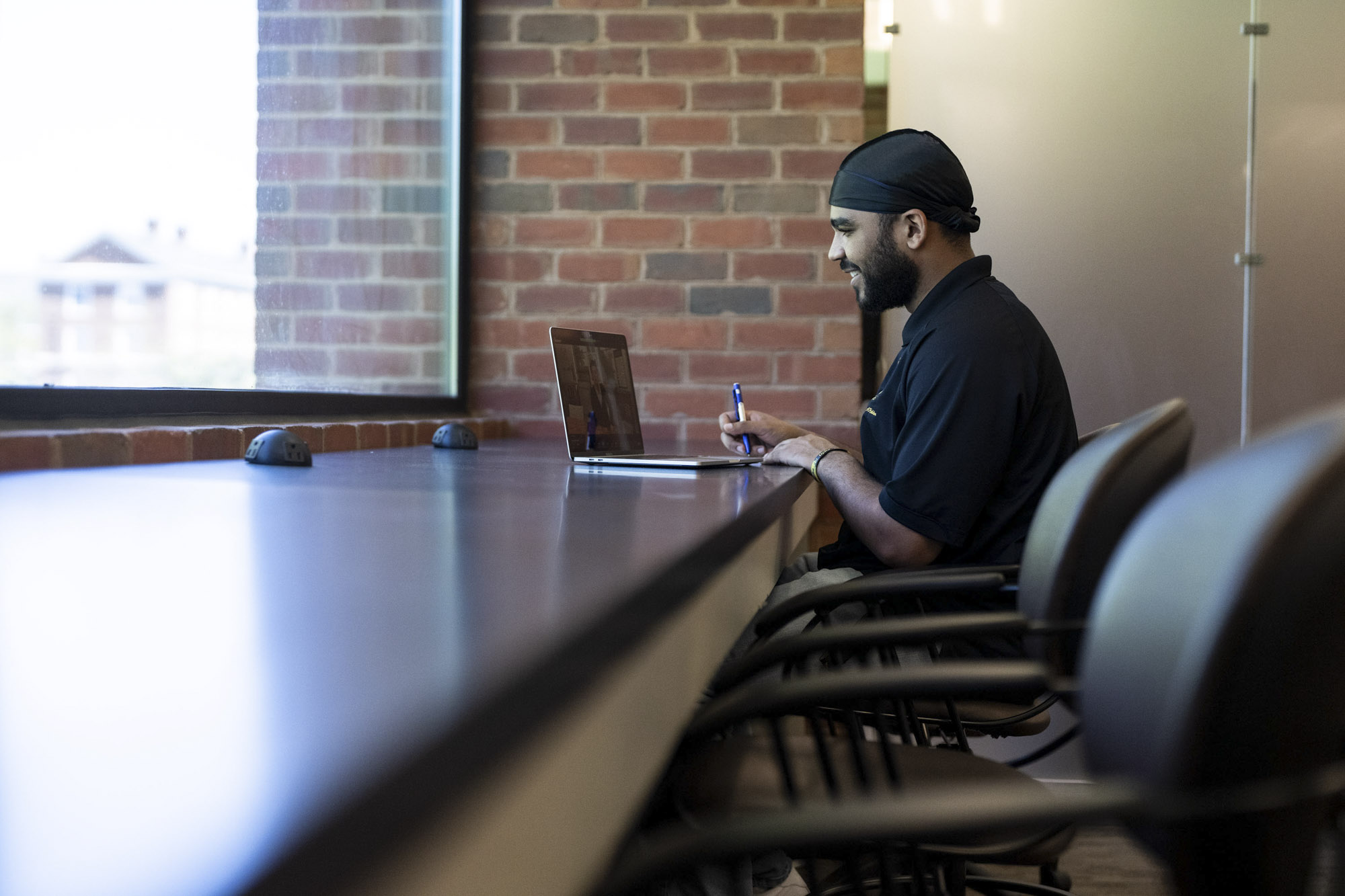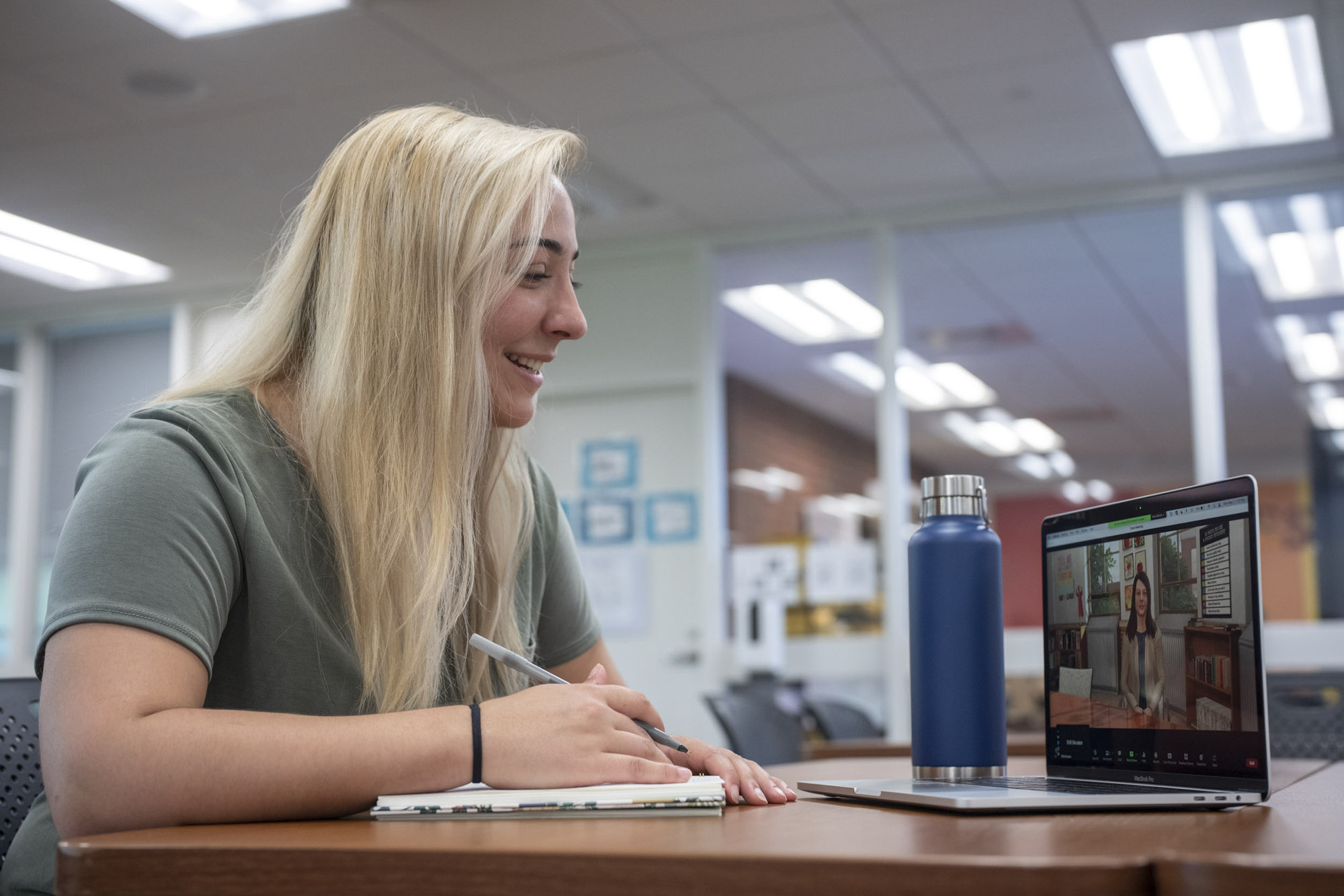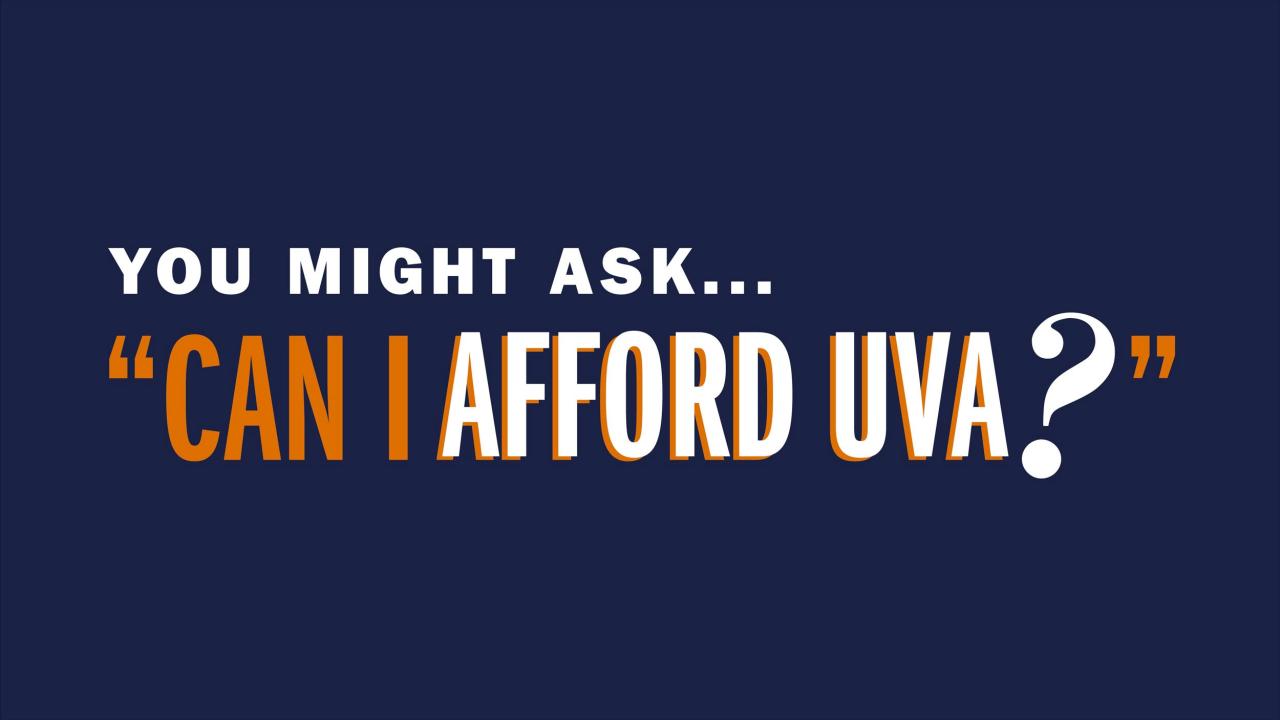“One common difficulty teacher educators face is having the opportunities for practice that match our topics in methods classes,” Hayes said. “For example, one simulation that teacher candidates complete in my course is a lesson one might see in a second- or third-grade classroom. Students might miss an opportunity to practice that lesson if they are placed in earlier or later grades for their field experiences.
“Having the opportunity to plan for, practice and debrief a variety of lesson topics across elementary grades is definitely a plus.”
Family Engagement
Family engagement is an important part of education as families and teachers work together to support students' learning.
“We want our teachers to proactively build relationships with students' families in order to share valuable insight and strategies that will support students' needs,” Anna Yonas, a doctoral student in social studies education, said.
In this simulation, pre-service teachers read about Michelle, a hypothetical student who is struggling to engage with her peers and participate in class. UVA students then set goals for a family conference with her parent, Max Mullen. With those goals set, students observe simulations, participate in them, and then offer peer feedback to their fellow students.
“Too often, building school-family partnerships is a skill learned on the job when teachers are working with real students and families,” Yonas said. “This practice allows our students to learn how to develop these relationships in a low-stakes setting by engaging in the simulation and receiving feedback.
“Additionally, students observe their classmates, allowing for a rich discourse about the many ways one could frame a conversation with the same parent and student. The mixed-reality simulator with a hypothetical student and family allows our students to make mistakes, and learn from them, before their first conferences with real students’ families.”
Mentoring Youth
In fall 2020, assistant professor Melissa Levy began using the simulator in the course accompanying college students’ first semester as mentors in the Young Women Leaders Program. The research-based mentoring program pairs UVA undergraduates with area middle school girls.
During the current semester, Levy, along with Leigh and doctoral student David-Aaron Roth, created two simulations to give students taking the Foundations of Community Engagement course an opportunity to practice engaging with youth. The simulations give students more realistic practice than the traditional exercise of having the college students role-play with each other.
“While role playing with peers can and does give students an opportunity to practice skills, there are limits to how ‘real’ peers are in their role playing,” Levy said. “With the simulator, we can have the avatar/actor respond in more authentic ways, helping our students see how their engagement volleys may be received and how they might modify them.”
Because the simulation sessions are recorded, students also have the assignment of watching their recording and reflecting on the experience. What worked well? How could you tell? What would you want to do differently, if given the opportunity? How could you use what you learned here in the future?
Simulation Research
According to Julie Cohen, associate professor of education and simulation researcher, it is very challenging to track pre-service teacher development. Her research on the use of the simulator in training future teachers focuses on how best to identify clear ways pre-service teachers can improve, and how best to relay that information in a way that leads to meaningful improvement.
Traditionally, teacher trainers observe pre-service teachers in K-12 classrooms to assess their skills and provide corresponding support. But, as Cohen noted, there are often many variables within those live settings that can affect the pre-service teacher’s experience.
“The problem with this observation model is when we observe, we are also picking up things about the mentor teacher, the students in the room, the curriculum a pre-service teacher is using, and so on,” Cohen said. “It is very hard – I would argue impossible – to just focus on the pre-service teacher, their skills and what they need to get better.”
That is where the simulator comes in. The simulations provide a standardized platform that allows faculty to focus solely on the pre-service teacher. For Cohen, this kind of window into emerging skill development is absolutely critical.














